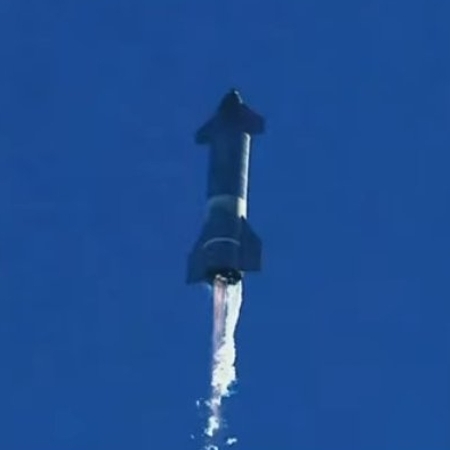Two stories today from New Zealand, both related to the American company Rocket Lab, help illustrate the often absurd and irrational nature of modern government rule-making.
First, New Zealand’s Employment Relations Authority attacked the company after ruling against it in a single employee grievance case. The case involved a fired employee who filed and won his grievance when he refused to sign the company’s offered settlement. Based on this single case, authority officials quickly and publicly blasted Rocket Lab as if it had committed numerous blasphemies:
Authority member Rachel Larmer found that the dismissal was “extremely unfair” and that the company “failed to comply with even the most basic and widely understood principles of procedural fairness”.
As the article noted, it “is unusual for the authority to be so overtly critical of an employer.” Yet, attack Rocket Lab it did, very bluntly and very publicly.
Yet, at the same time, this same New Zealand government has apparently been giving this evil employer routine waivers of its draconian border restrictions imposed to prevent the arrival of COVID.
More than 150 aerospace specialists have arrived on short term visas to work in New Zealand for the satellite launch service provider Rocket Lab since the country’s border closed. Immigration New Zealand said 156 foreigners were granted border exemptions as part of a government-approved programme for the company.
Rocket Lab spokesperson Morgan Bailey said the company had focused on bringing in essential workers for its launches, who would usually stay for two weeks after completing managed isolation.
Normally visitors to New Zealand need to quarantine for two weeks. Apparently, the government is allowing foreign workers for Rocket Lab to bypass that rule and make alternative arrangements.
So which is it? Is Rocket Lab a horrible slave-driver who must be watched like a hawk so that it does not abuse its workers, or is it a generous provider of work and business for New Zealand that is so valuable gives it a privileged position where some laws don’t apply to it?
In truth, New Zealand’s laws themselves are now simply being enforced somewhat randomly, based merely on whether a specific government official personally likes or dislikes the company. That is my impression at least.
But then, that is the impression given and now common throughout the western world. We no longer treat the law as sacrosanct, but instead use it for political purposes, which require its plain meaning to shift and change like Jello, depending on the personal and political motives of the individuals involved. And all for the sake of power.

